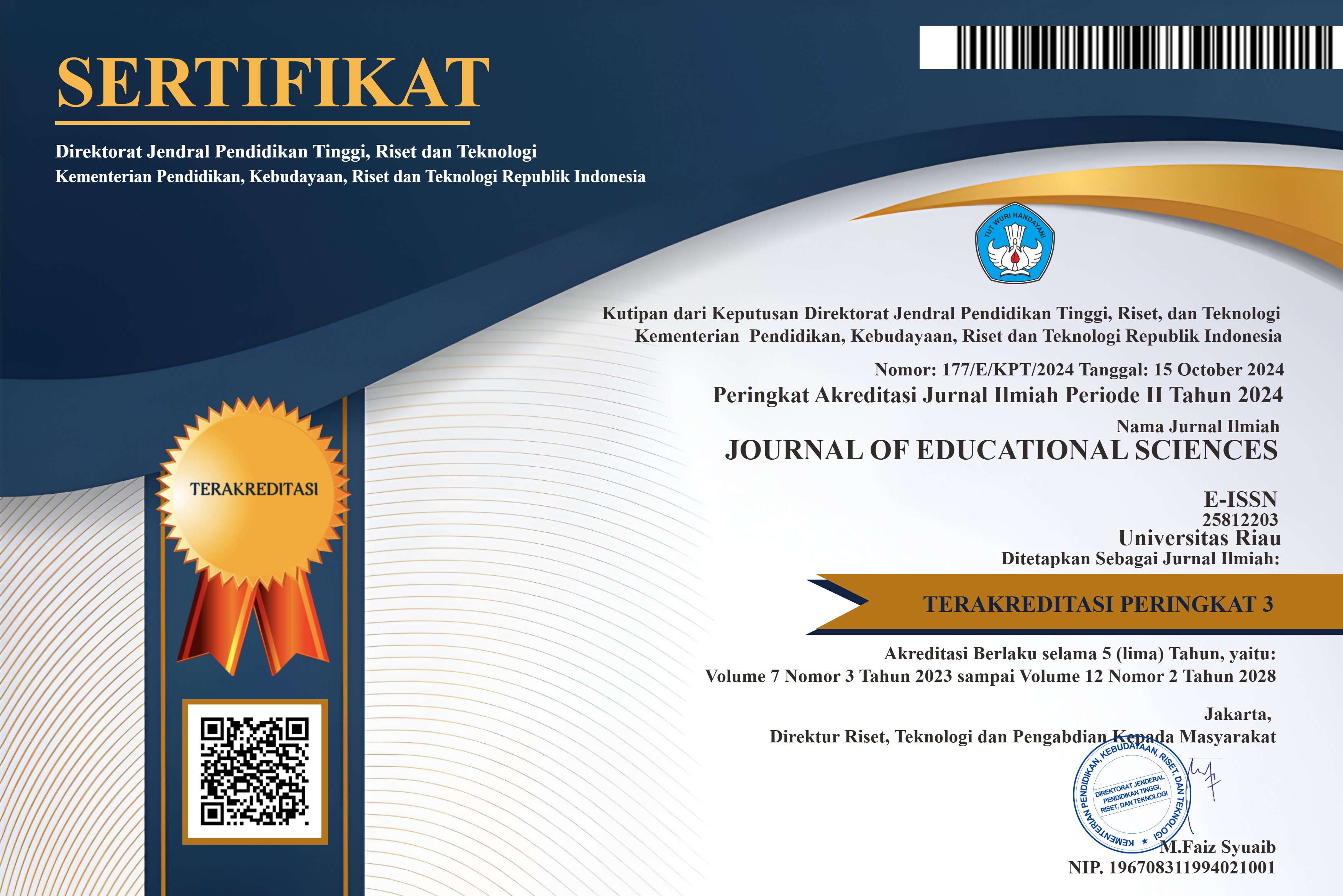The implication of violation of cooperative principle in discourse on corruption of Indonesia Lawyers Club
DOI:
https://doi.org/10.31258/jes.2.1.p.64-71Keywords:
Implicature, Cooperative principle, Corruption discourseAbstract
This article discusses the violation implicature of cooperativeprinciple of discourse on corruption of Indonesia Lawyers Club. The appliedtheories are: (1) Searle’s speech acts (1969); (2) Austin’s Locutionary,Illocutionary, and Perlocutionary (1962); (3) Grice’s conversationalimplicatures and cooperative principles (in Leech,1993); (4) Levinson’spragmatics and semantic deviation (1983), Parker’s pragmatics (in Rahardi,2005;48); (5) Spencer and Wilson’s relevance theory (in Rahardi, 2010).Data were gathered by means of listening and recording. The speeches wereanalyzed by employing the maxim violation and implicatures theories. Theviolation of cooperative principle implies (1) the speakers fully comprehendthe speech, (2) Government has insufficient budget to pay the judges ofregional anti-corruption court, (3) Government seems skeptical about theregional judge selection test, (4) The speakers are fully confident that theyposses capability of eradicating corruption, (5) Both payment and allowanceof the regional judge of anti-corruption court do not receive scholarlyattention that have made difficult for them to work as law enforcers and asjustice enforcers, (6) Some negative effects emerged by virtue of the poorplanning of the establishment of the regional court, (7) The anti-corruptioncourt lost dignity; The role of Judicial commission is not effective inproviding guidances to the judges, (9) All elements have committedcorruption like termites keep encircling nation, (10) issues on corruption arenot seriously discussed (11) regional elections indirectly trigger corruption.
Downloads
Downloads
Published
Issue
Section
License
Copyright (c) 2024 Mangatur Sinaga, Dahnilsyah (Author)

This work is licensed under a Creative Commons Attribution-NonCommercial-ShareAlike 4.0 International License.













